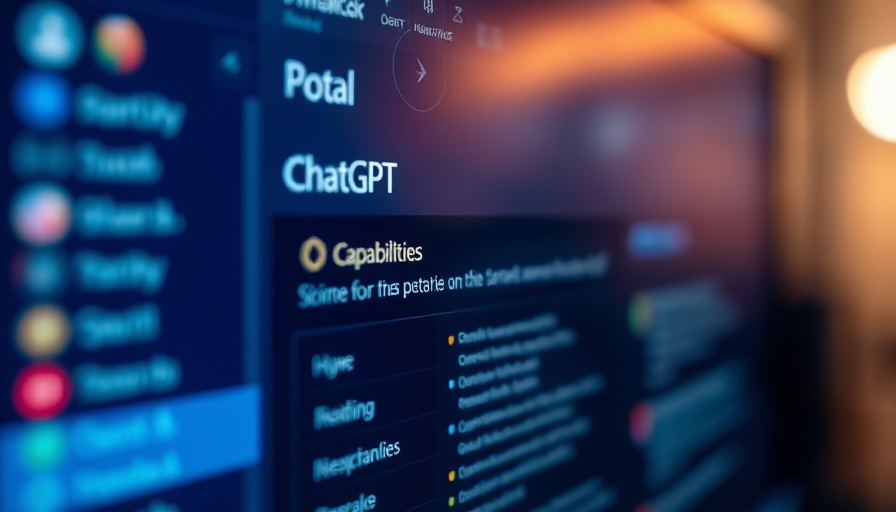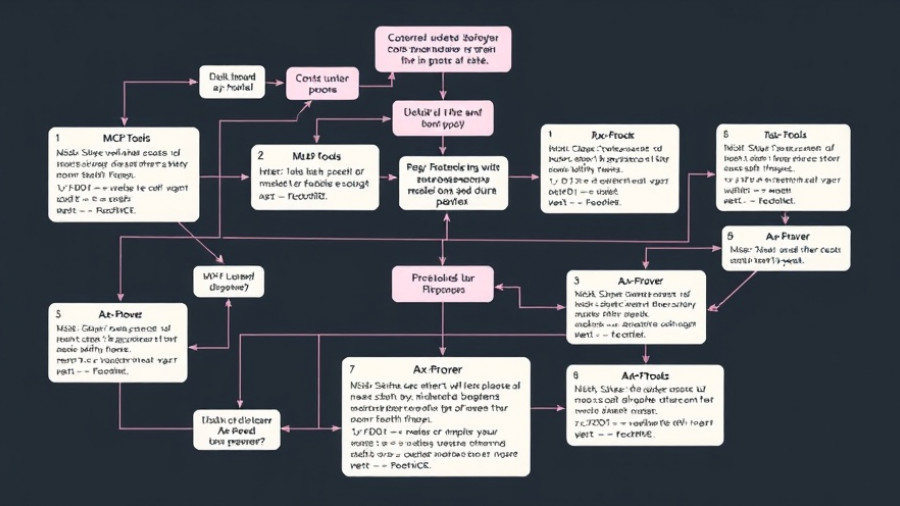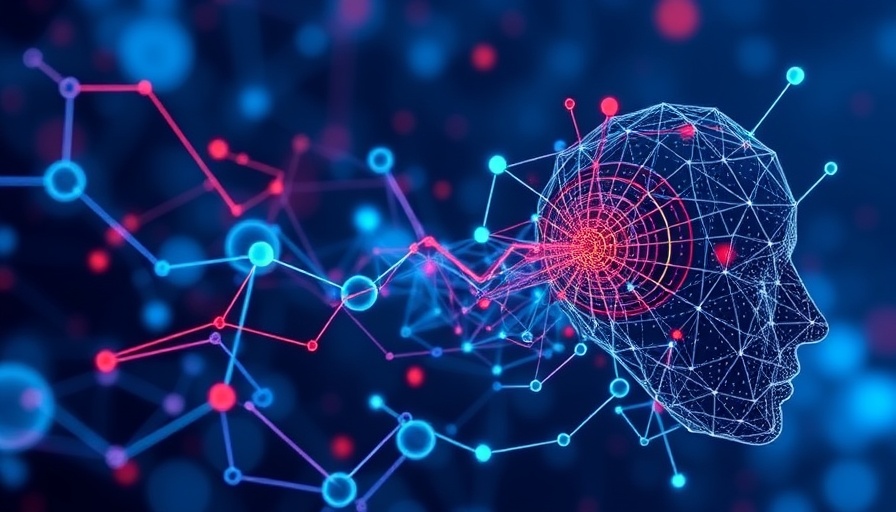
Unlocking a New Era: The Impact of GPT-5 on Business Intelligence
The unveiling of OpenAI’s GPT-5 marks a pivotal transition not just in artificial intelligence but in the way organizations will leverage technological advancements to gain competitive advantages. As we explore this transformative shift, we focus on the core capabilities that distinguish GPT-5 from its predecessors, forging a path towards intelligent, agentic systems.
What Makes GPT-5 a Game Changer in Deep Reasoning AI?
OpenAI's latest model integrates deep reasoning capabilities previously unparalleled in the AI landscape. The key feature of GPT-5 is its enhanced ability to process and generate information across multiple formats—text, image, audio, and video—within a singular workflow. This innovation means that businesses can utilize AI not just for simple tasks but as a holistic partner in strategic decision-making.
For instance, consider a situation where a business analyst uploads a comprehensive market research report along with product images and voice memos from client calls. GPT-5 can extract valuable insights, flag issues in the images, and condense findings into an engaging executive summary—all in one continuous interaction. This alignment of multimodal processing underlies essentially faster decision-making processes, a necessity in industries like finance and R&D.
The Agentic Automation Revolution: Moving Beyond Simple Queries
In previous AI generations, limitations in contextual continuity often hampered the realization of deeper automation processes. GPT-5 introduces a more reliable automation framework that allows businesses to extend operational capacities far beyond mere instructive queries.
Consider a sales manager invoking GPT-5 to execute an end-to-end task: extracting leads from a CRM system, segmenting them based on predetermined criteria, and generating tailored communication strategies. What a leap it is from asking an AI merely to write a status update to having it autonomously manage entire workflows! By handling complex operations self-sufficiently, GPT-5 empowers professionals and project managers to concentrate on strategic initiatives rather than recurrent tasks.
GPT-5 in Healthcare: Augmented Intelligence at Its Best
Healthcare is often seen as the ultimate testing ground for AI due primarily to its high stakes. With near-human accuracy in structured knowledge reasoning, GPT-5 proves to be an invaluable clinical co-pilot. Presenting it with a collection of medical records and imaging results can lead it to identify anomalies, recommend follow-up tests, and correlate findings with up-to-date clinical guidelines.
This integration not only enhances efficiency but might also substantially reduce observational errors in patient care. Still, OpenAI emphasizes the model’s role as an aid, not as a substitute for healthcare professionals; it’s a tool designed to optimize time and increase accuracy in high-pressure environments.
Building Powerful Solutions: Instant SaaS Creation with GPT-5
Beyond traditional applications, GPT-5 further elevates its utility by enabling rapid development of software as a service (SaaS) products and dashboards. Founders can outline functionalities, and within moments, GPT-5 generates a full application that is ready for deployment. This capability transforms how startups can operate by minimizing the time and resources typically needed for product development and innovation.
For a company facing tight deadlines, GPT-5 represents an opportunity to pivot quickly, responding dynamically to market needs. As emerging trends suggest the tech industry’s sharp pivot toward agility and adaptability, this AI-driven solution places businesses at the forefront.
Future Predictions: What Lies Ahead for Agentic AI?
While GPT-5 establishes a robust foundation for the future of intelligent AI, its implications stretch beyond the immediate capabilities it offers. Looking forward, it’s essential to ask: how might this influence ethical standards in AI utilization across sectors? The reliability and trustworthiness of deep reasoning AI will demand robust governance frameworks to ensure responsible use.
As AI becomes increasingly integral to operational strategies worldwide, we anticipate a dual focus on advancing technology while promoting ethical practices. Companies equipped with sophisticated AI tools like GPT-5 will need to engage actively in broader discussions surrounding data privacy, accountability, and the social repercussions of autonomous decision-making.
In summary, the release of GPT-5 is not merely an upgrade in machine learning; it's a transformative moment for businesses in how they will operate, innovate, and engage with technology. The benefits are profound—offering smarter solutions, reducing operational bottlenecks, and ultimately paving the way for unprecedented advancements in work processes.
Take Action: Embrace the Future of AI Intelligence
As we stand at the threshold of this AI evolution, it’s vital for businesses, developers, and professionals alike to consider how they can harness these new advancements. GPT-5 is more than a tool; it presents an opportunity for visionary leaders to rethink approaches, optimize workflows, and adapt to a rapidly shifting technological landscape. Start exploring how AI can redefine your business practices today; the future awaits.
 Add Row
Add Row  Add
Add 




Write A Comment